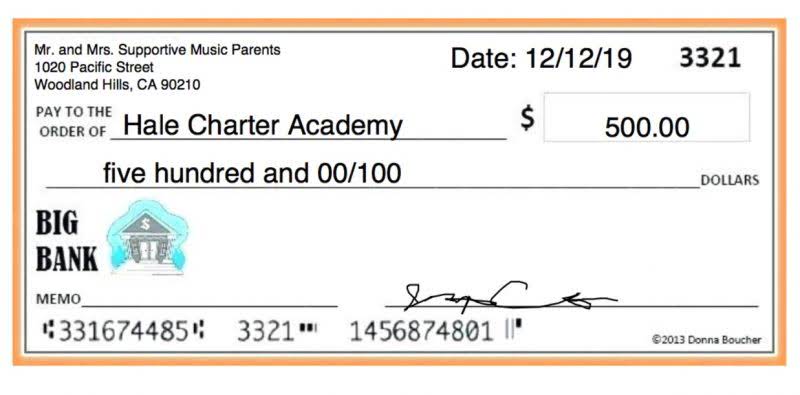
By constantly evaluating and adjusting resource allocation based on variable cost data, businesses can ensure they’re operating efficiently and maximizing returns. Variable costs can guide businesses in determining how to allocate resources optimally. This is the idea that every unit bought and sold adds Revenue and (variable) costs to the P&L. Variable costs are usually viewed as short-term costs as they can be adjusted quickly.
Cost Per Unit
- This might involve training employees, investing in advanced machinery, or adopting new production techniques.
- However, it’s important to note that variable costs do not always rise or fall in a perfectly linear fashion.
- It’s used to analyze and optimize expenses, make pricing decisions, and improve profitability.
- Variable costs are sensitive to fluctuations in sales and production levels.
- They are fixed up to a certain production level, after which they become variable.
- Variable costs increase or decrease depending on a company’s production or sales volume—they rise as production increases and fall as production decreases.
For example, if a company is having cash flow issues, it may which group of costs is the most accurate example of variable cost? immediately decide to alter production to not incur these costs. For information pertaining to the registration status of 11 Financial, please contact the state securities regulators for those states in which 11 Financial maintains a registration filing. 11 Financial is a registered investment adviser located in Lufkin, Texas. 11 Financial may only transact business in those states in which it is registered, or qualifies for an exemption or exclusion from registration requirements. Sales commissions, for example, are also considered variable because the size of a commission is tied to the volume of products sold by an employee.

Which of these is most important for your financial advisor to have?

As a company strives to produce more output, it is likely this additional effort will require additional power or energy, resulting in increased variable utility costs. Besides these, variable costs impact many other areas related to budgeting and planning, providing essential insights to navigate business uncertainties. Variable costs are sensitive to fluctuations in sales and production levels.
Understanding Variable Costs
- Variable costs are a direct input in the calculation of contribution margin, the amount of proceeds a company collects after using sale proceeds to cover variable costs.
- Variable costs can guide businesses in determining how to allocate resources optimally.
- A company that seeks to increase its profit by decreasing variable costs may need to cut down on fluctuating costs for raw materials, direct labor, and advertising.
- The good news is there are powerful tools, like Katana, that were created to help manufacturers and the accountants that serve them calculate variable costs correctly.
- You can find a company’s variable costs on their balance sheet under cost of goods sold (COGS).
A company that seeks to increase its profit by decreasing variable costs may need to cut down on fluctuating costs for raw materials, direct labor, and advertising. However, the cost cut should not affect product or service quality as this would have an adverse effect on sales. By reducing its variable costs, a business increases its gross profit margin or contribution margin. The key difference between variable and fixed costs is flexibility (or variability). While fixed costs remain constant, variable costs change directly with output.

Consider the variable cost of a project that has been worked on for years. An employee’s hourly wages are a variable cost; however, that employee was promoted last year. The current variable cost will be higher than before; the average variable cost will remain something in between. For manufacturing companies, each of these is essential for a successful business. But again, at the root is understanding and accurately calculating variable costs.

We follow strict ethical journalism practices, which includes presenting unbiased information and citing reliable, attributed resources. Sometimes, replacing a high-cost material with a more affordable alternative without compromising on quality can lead to https://www.bookstime.com/articles/adp-run substantial savings. This might involve training employees, investing in advanced machinery, or adopting new production techniques.

How Do Semi-Variable Costs Separate Fixed and Variable Costs?
- Raw materials are the direct goods purchased that are eventually turned into a final product.
- An employee’s hourly wages are a variable cost; however, that employee was promoted last year.
- For instance, if a particular product has a high variable cost but generates low revenue, it might be more beneficial to divert resources to another product with a better profit margin.
- Electricity used in a production process might increase with production volume, but it’s hard to attribute a specific amount to each unit produced.
- Material substitution, when done right, can be a strategic move to manage variable costs effectively.
Every dollar of contribution margin goes directly to paying for fixed costs; once all fixed costs have been paid for, every dollar of contribution margin contributes to profit. By understanding variable costs, businesses can conduct cost-volume-profit analysis, optimize pricing strategies, and allocate resources efficiently. Because variable costs scale alongside, every https://www.facebook.com/BooksTimeInc/ unit of output will theoretically have the same amount of variable costs. Therefore, total variable costs can be calculated by multiplying the total quantity of output by the unit variable cost. A company must still pay its rent for the space it occupies to run its business operations irrespective of the volume of products manufactured and sold.